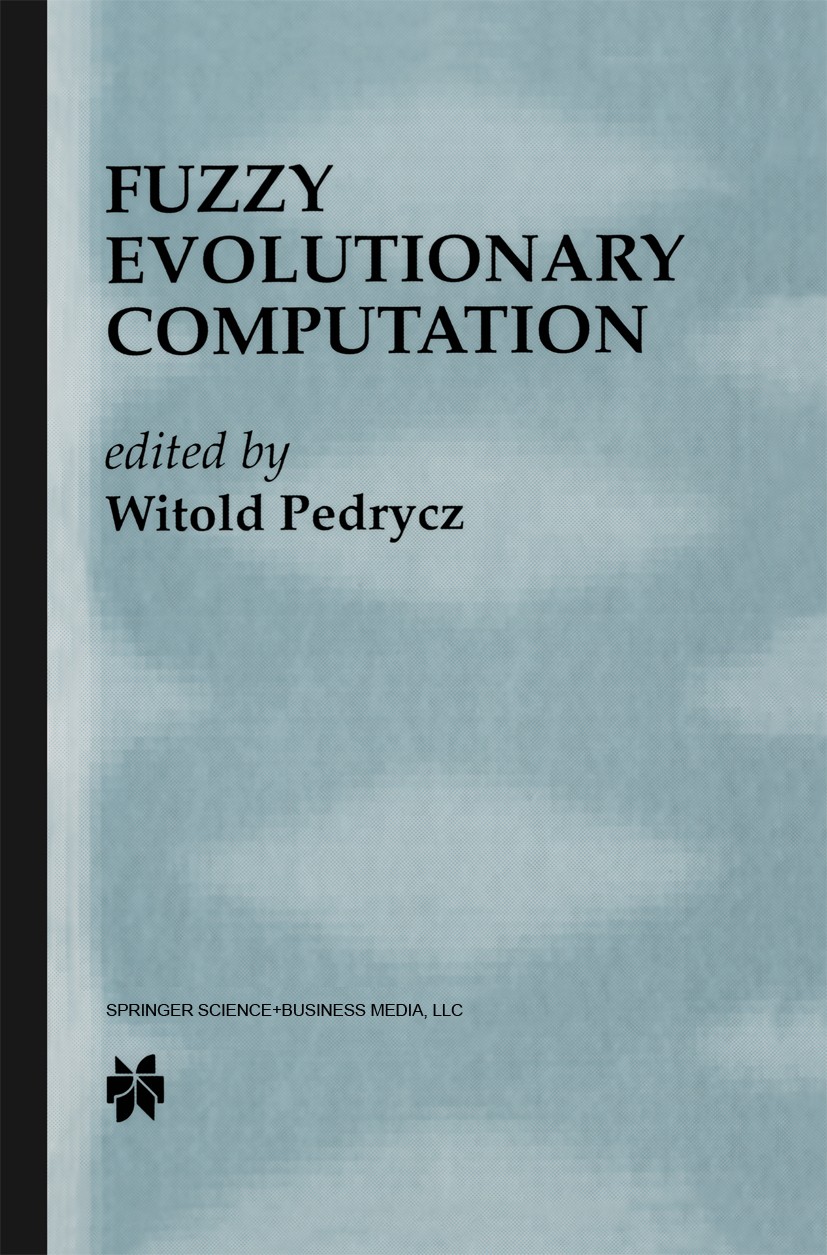| 书目名称 | Fuzzy Evolutionary Computation | | 编辑 | Witold Pedrycz | | 视频video | http://file.papertrans.cn/352/351211/351211.mp4 | | 图书封面 |  | | 描述 | As of today, Evolutionary Computing and Fuzzy Set Computing are two mature, wen -developed, and higbly advanced technologies of information processing. Bach of them has its own clearly defined research agenda, specific goals to be achieved, and a wen setUed algorithmic environment. Concisely speaking, Evolutionary Computing (EC) is aimed at a coherent population -oriented methodology of structural and parametric optimization of a diversity of systems. In addition to this broad spectrum of such optimization applications, this paradigm otTers an important ability to cope with realistic goals and design objectives reflected in the form of relevant fitness functions. The GA search (which is often regarded as a dominant domain among other techniques of EC such as evolutionary strategies, genetic programming or evolutionary programming) delivers a great deal of efficiency helping navigate through large search spaces. The main thrust of fuzzy sets is in representing and managing nonnumeric (linguistic) information. The key notion (whose conceptual as weH as algorithmic importance has started to increase in the recent years) is that of information granularity. It somewhat concurs with the | | 出版日期 | Book 1997 | | 关键词 | algorithms; classification; evolution; evolutionary algorithm; evolutionary computation; fuzzy; genetic al | | 版次 | 1 | | doi | https://doi.org/10.1007/978-1-4615-6135-4 | | isbn_softcover | 978-1-4613-7811-2 | | isbn_ebook | 978-1-4615-6135-4 | | copyright | Springer Science+Business Media New York 1997 |
The information of publication is updating

|
|
 |Archiver|手机版|小黑屋|
派博传思国际
( 京公网安备110108008328)
GMT+8, 2026-1-14 09:16
|Archiver|手机版|小黑屋|
派博传思国际
( 京公网安备110108008328)
GMT+8, 2026-1-14 09:16


